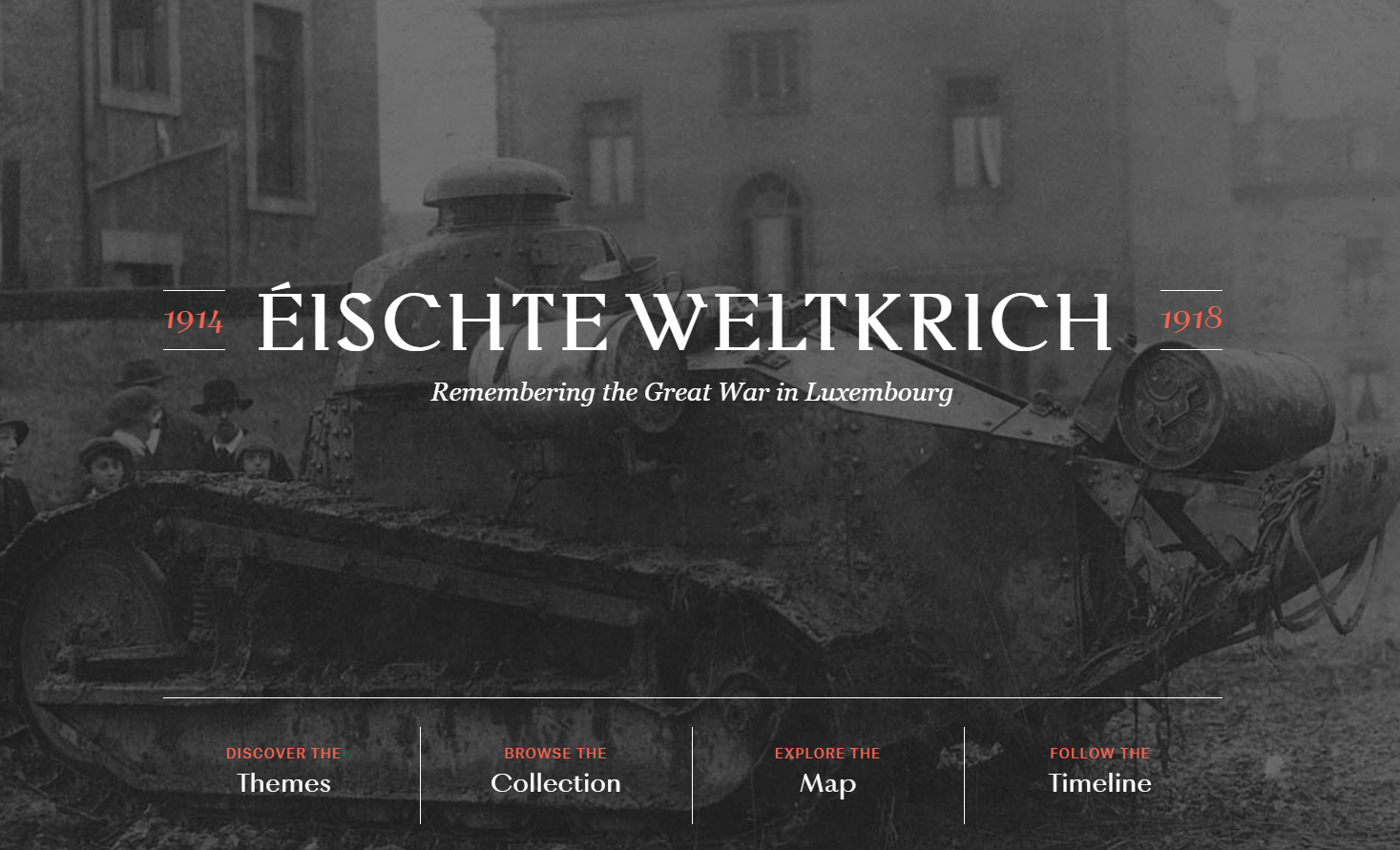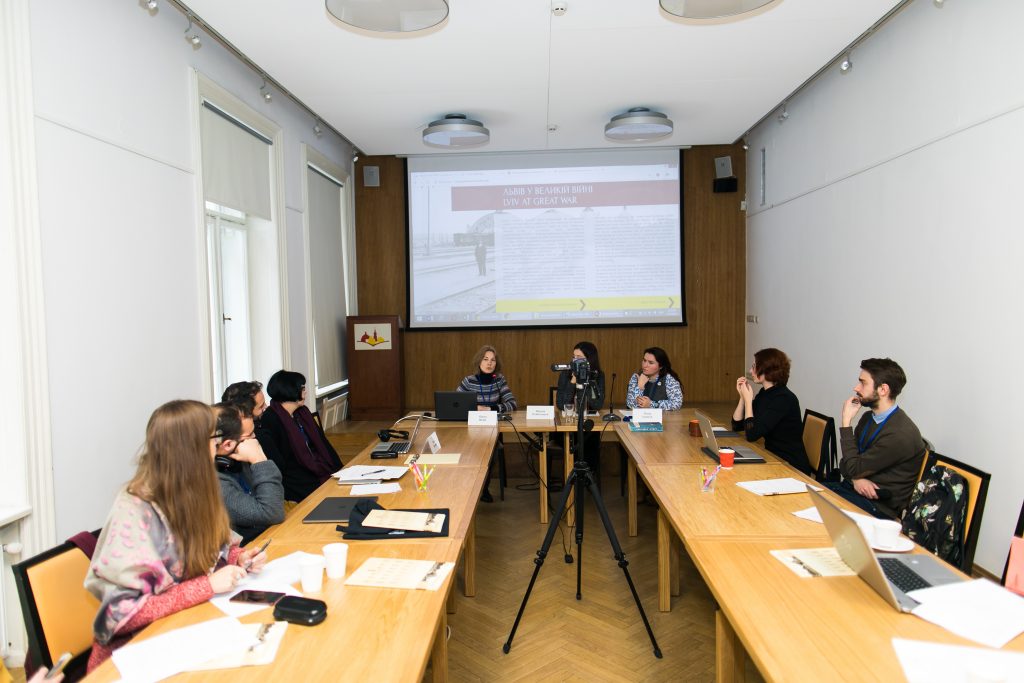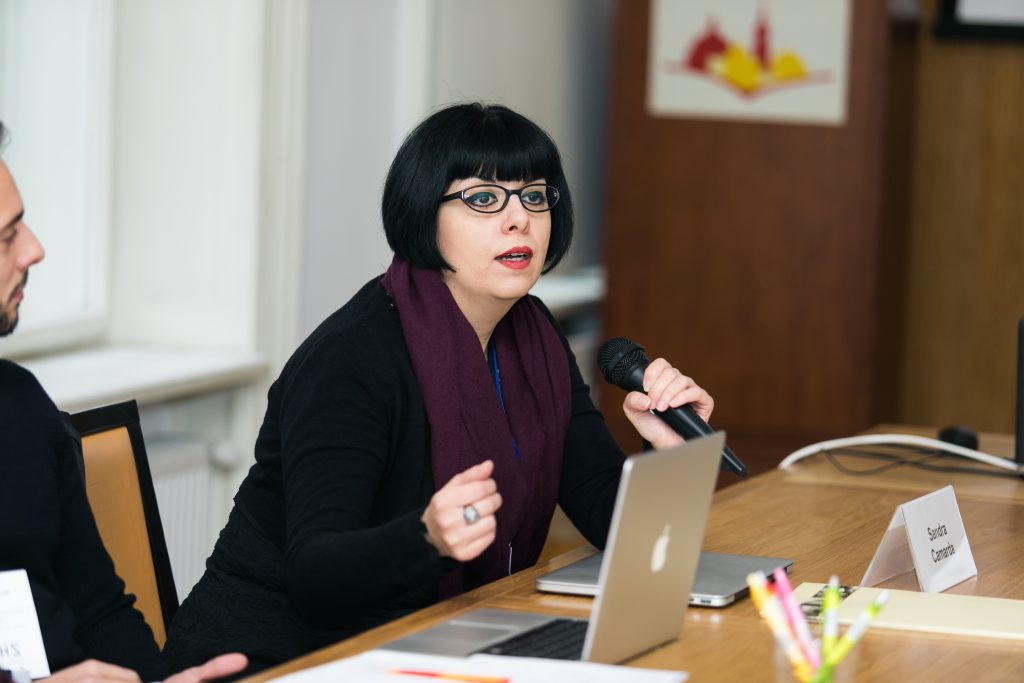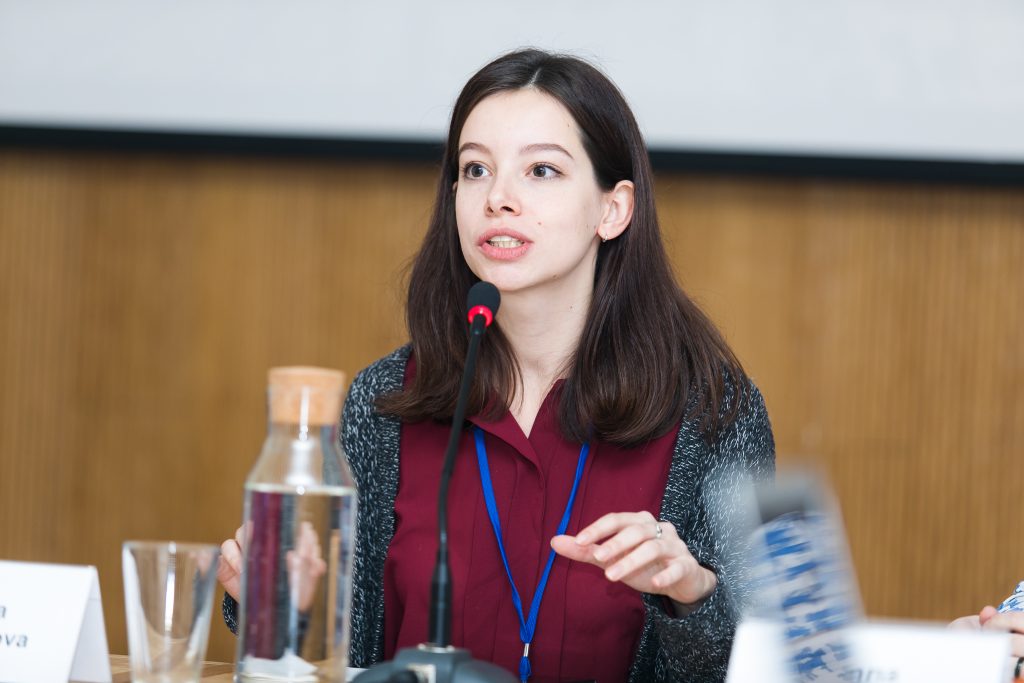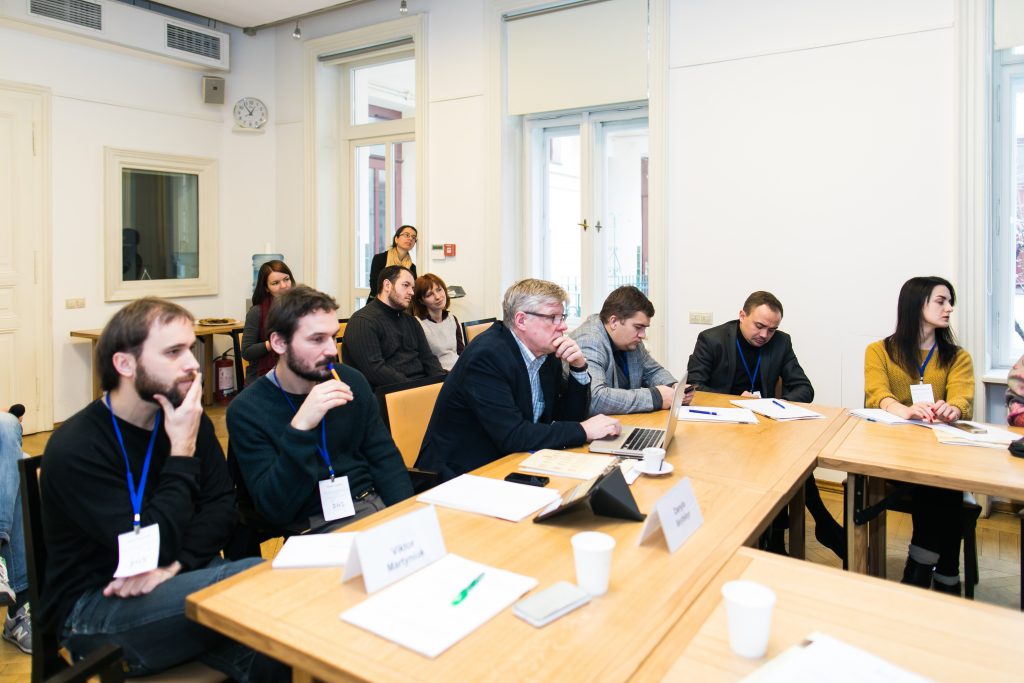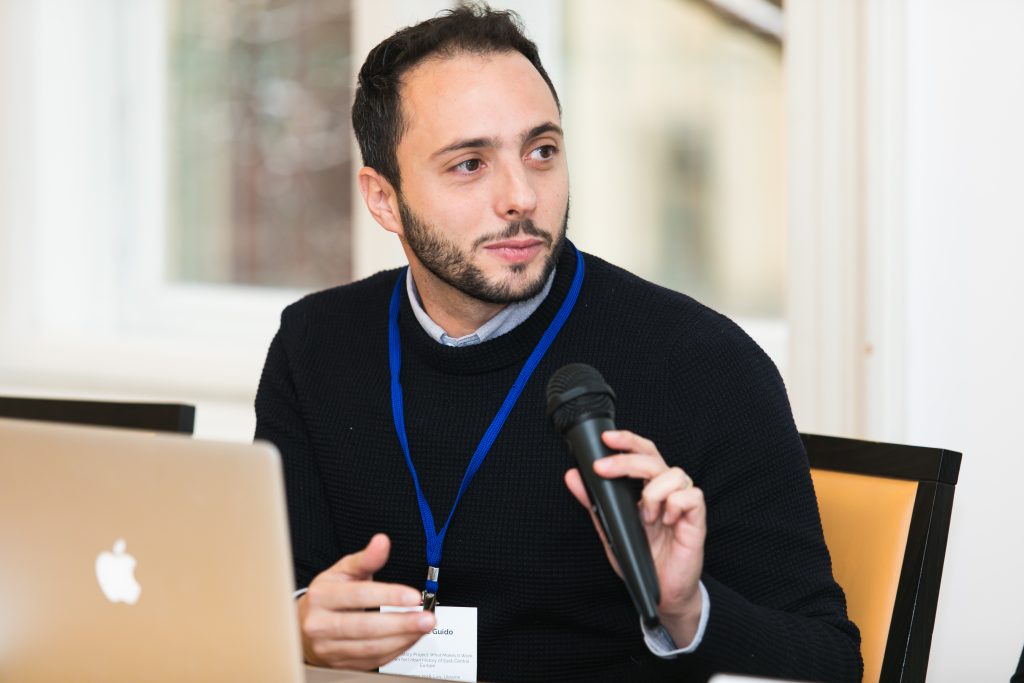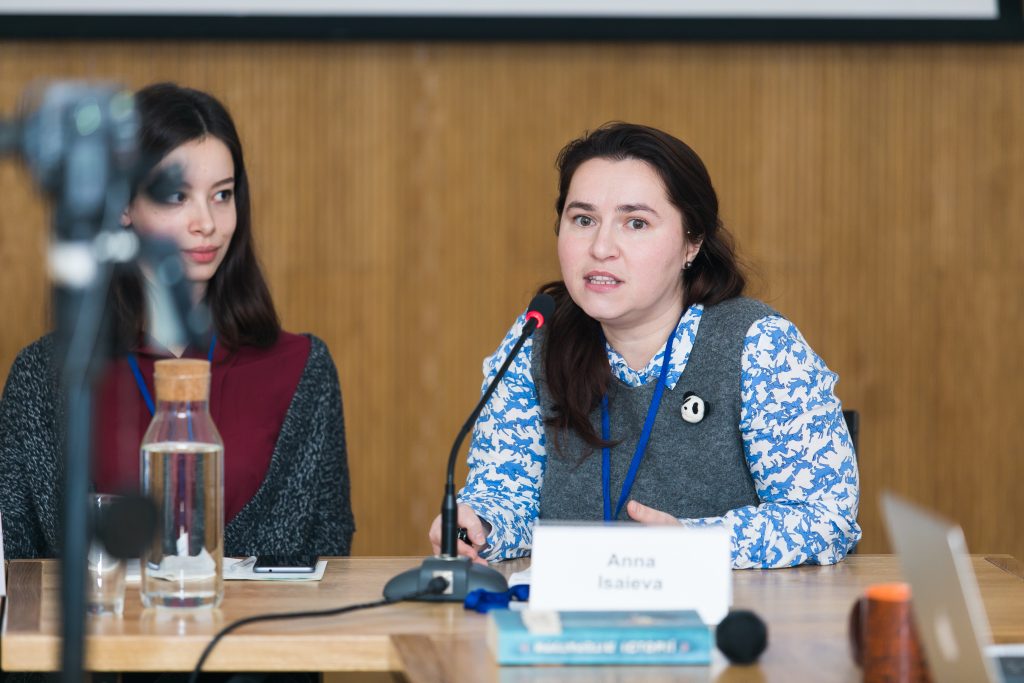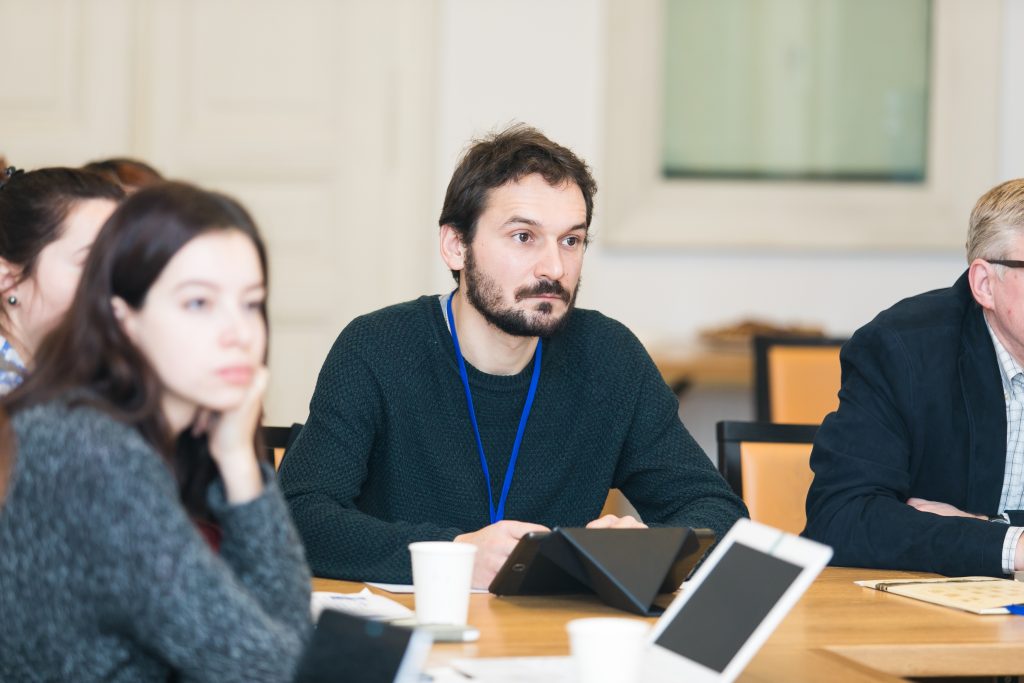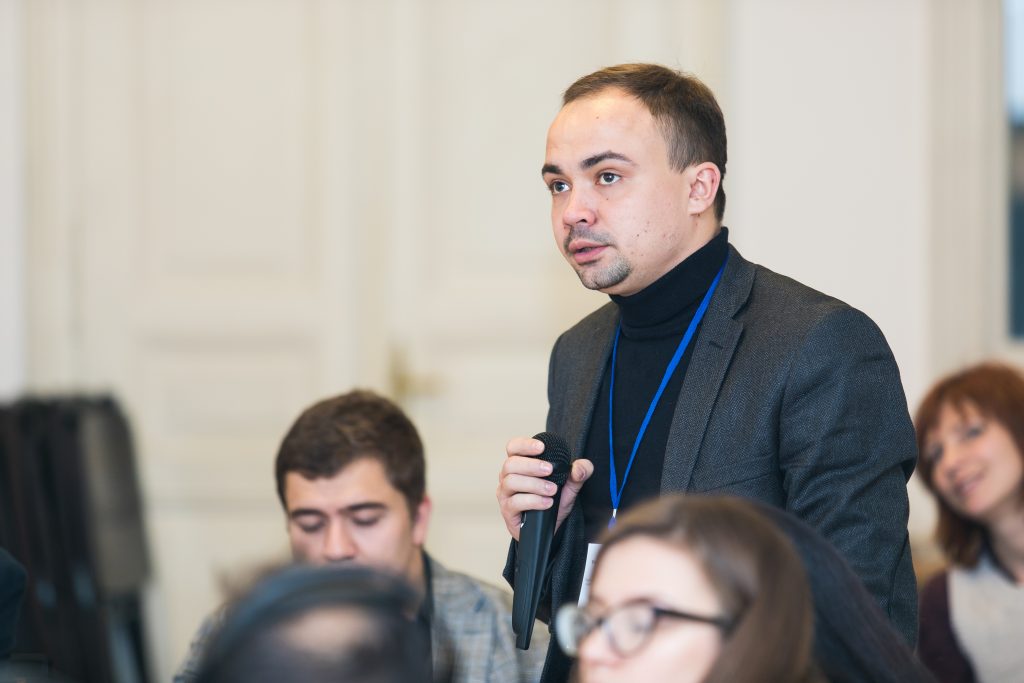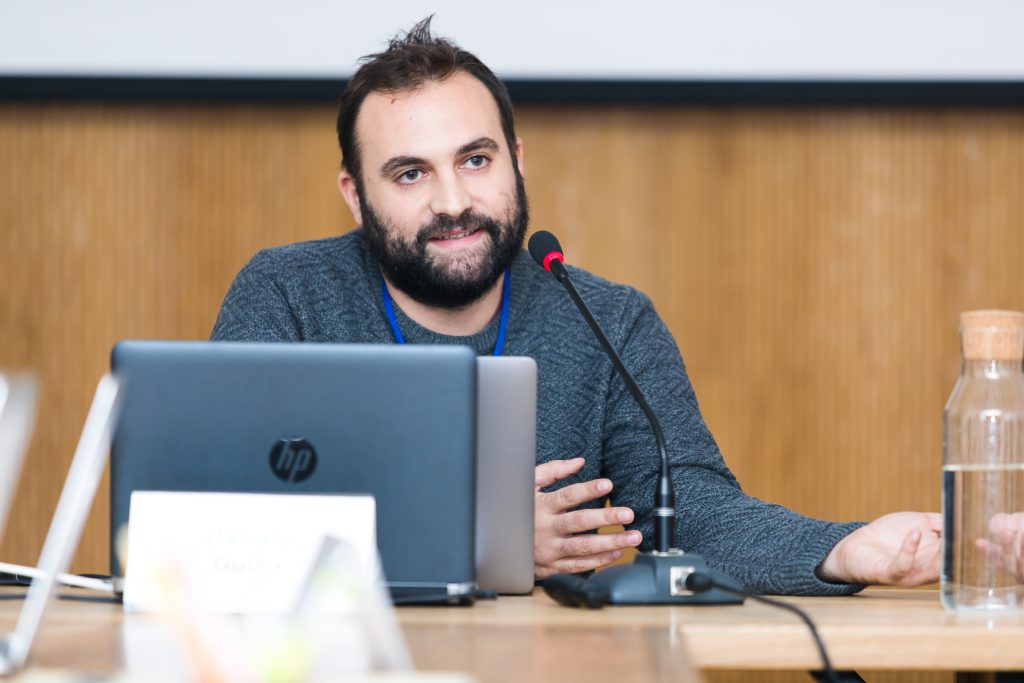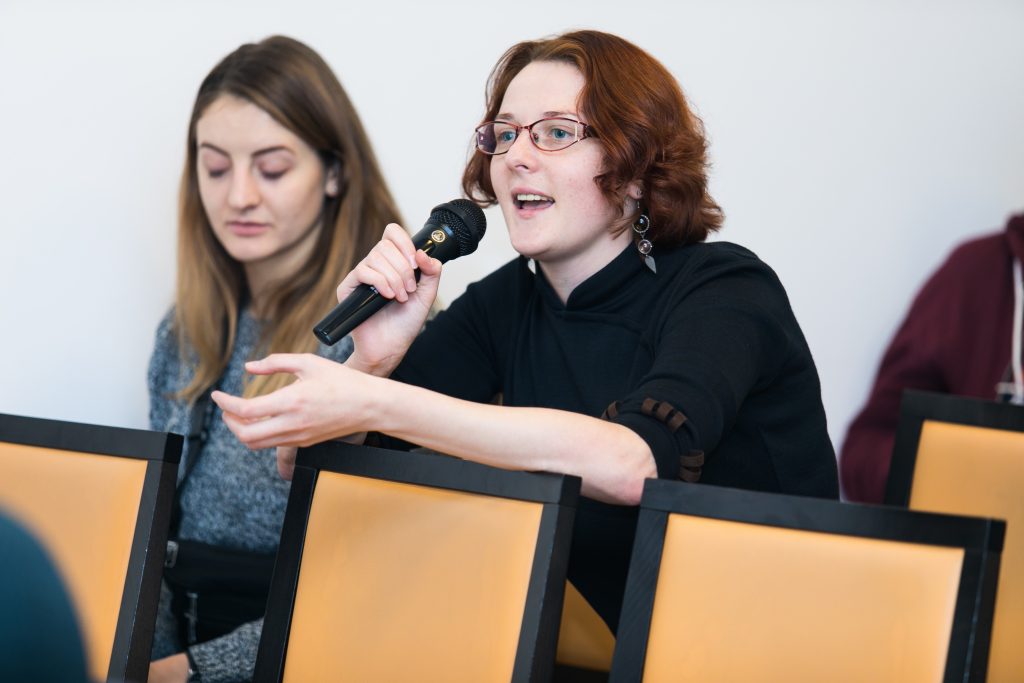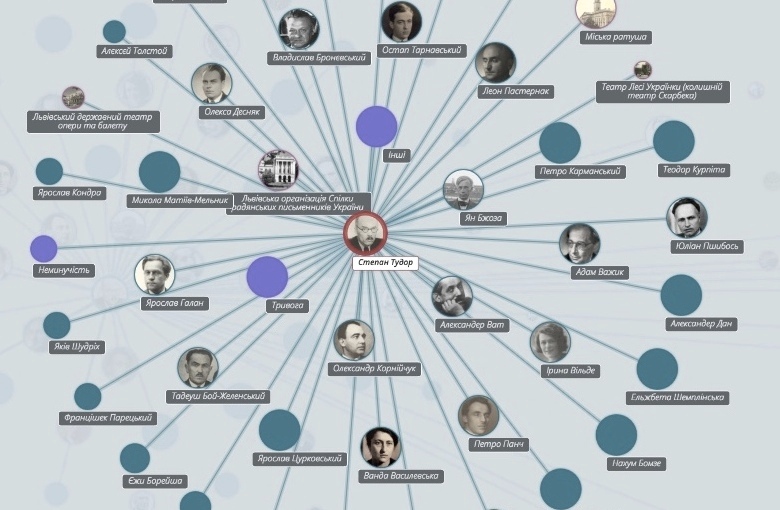Digital History Project. What Makes It Work
December 7, 2018
Center for Urban History, Lviv
The seminar aims at discussing needs and goals that define configuration of actors and sets of expertise relevant for digital history projects. Collective nature and institutional role, its maintenance, interdisciplinary approach, technical framework and visual language, digital skills of authors and audiences – these are going to be the topics for discussion.
The high acceleration rate of changes in digital technologies makes it appear constantly outdated. There is an ongoing update of the processing capacity of devices, interfaces, programming languages, and file formats. At the same time, there is no common agreement on treating the updated version as new, whereas fundamental way of interaction between human and technology stays within the same framework. Thus, when humanities projects are trying to find innovative approaches to using digital tools they have to deal with something constantly outdated but not conceptually new in comparison to its previous solutions.
This raises a question of how the interest to digital history projects is generated, who is involved, and who initiates this process? Is computational method considered as a possibility for shaping different technological frameworks for knowledge production in digital humanities projects? Or is it a primary necessity to be up to date with the most recent technology? Can we separate those two aspects or should we look at interdisciplinary nature of those relations?
This, in turn, leads humanities to a question of what goals are set for digital projects? And what is the approach to evaluate its success and efficiency? What makes it work? When are such projects sufficiently digital? What is research and what is a finding in the digital history project? How can we value and evaluate experiments of applying technologies to humanities? What is the role of interface? When do we consider user experience and visitor statistics as ultimate result? Is digital history project completed once it’s published? To those questions participants will refer in the discussion.
Working language – English.
Digital History Seminars of the Center for Urban History explores methodological, ethical and theoretical aspects of generation, collection and analysis of digital or digitalized photographs and video recordings as testimony on the past and the worlds in which people used to live or are still living. In addition, the seminars also touch upon the issue of awareness capacity of historical visual data used for comprehensive presentations and lectures for different audiences. The goal of the seminars is to have a discussion on available possibilities and challenges of digital history among researchers.
Seminars consist of three major blocks:
- Artifacts (photographs, files, films, etc.)
- Technologies (camera, antenna, screen, print, software, etc.)
- Visual and digital methods (sense and analysis)
The event is implemented as part of "Digital History Seminars" of the Center for Urban History of East and Central Europe as supported by the University of St. Gallen (Switzerland).
Credits
Image Gallery by Iryna Sereda
